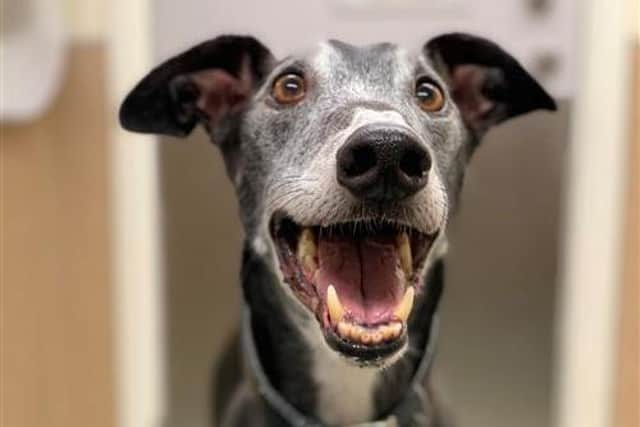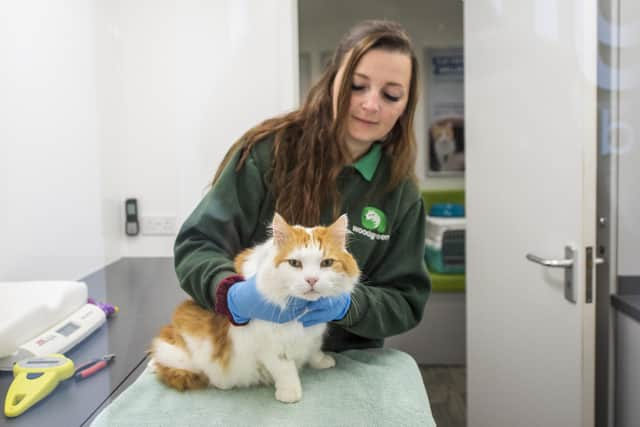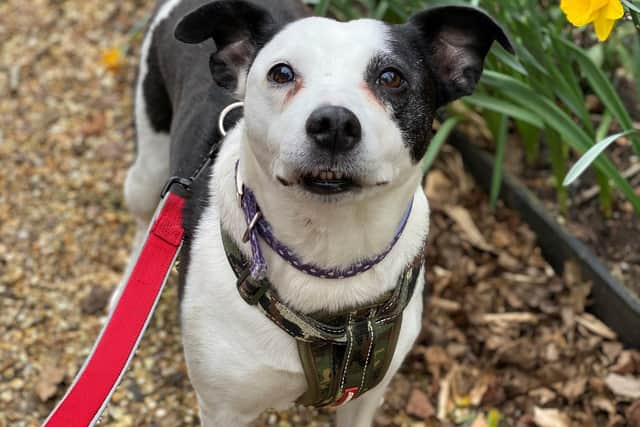How to keep your old dog and cat healthy, what to feed them on, and where to go to for expert advice


Enjoying the company of our pets as they age is a blessing, but many owners don’t know how to safely navigate the transition from fit and active to twilight years.
Woodgreen’s community outreach officer, Serena Moore, has put together an advice guide for the most common questions.
How do I prepare my pet for older age?


First up, food! Products designed for seniors not only have fewer calories, to stop them gaining weight as they slow down, but extra nutrients. Consider introducing it from the age of six onwards.
Even if they have no signs of arthritis, supplements can help keep them supple. This can be particularly important for larger pets.
And try to spot any ailments as early as possible. Swift intervention often means treatment is less invasive for the animal, and cheaper for the owner.
Is there any health check I can carry out at home?


Obviously nothing beats an annual health check with a vet, and attention if you suspect a problem. But you can regularly check their teeth and breath at home, check ears for wax or smells, watch out for weeping or cloudiness in their eyes and check their bodies for lumps, bumps, and matted fur. Don’t forget to check their paws and claws.
Keep worming and flea treatment up to date, and speak to your vet if their toileting habits change, especially if they start having accidents.
Will my pet naturally slow down?
Most do, but not all. It’s up to the owner to be proactive, and drop the walks to shorter, more leisurely strolls to avoid strain on joints – think of it more as a sniffing mission than a big walk.


Older pets really shouldn’t be doing vigorous running or jumping, including ball chasing, so swap for more relaxed movement.
And older dogs love active minds too, in fact it helps prevent doggy dementia. Enrichment toy games (snuffling out treats or hunting kibble) are great ways to keep their brains on the go.
Do I need to alter anything in the home?
You may find your pet can no longer tackle stairs and prefers to sleep on the ground floor. Equally, they may find slippy surfaces, such as tiled or wooden floors, too much for them, so try to ‘senior proof’ as much as you can. Rugs, ramps and steps can all be introduced gradually so the pet is not overwhelmed by change.
Should I be worried about bad breath?
Bad breath can be a sign of illness, commonly gum or dental disease, so shouldn’t be ignored. It is also linked to heart disease, so if you haven’t already got an oral regimen then start introducing your dog to tooth brushing soon. Meaty toothpaste made specially for animals is the best one, and let them get used to a toothbrush gradually.
If they already have gum disease, the vet may want to take care of dental health in a more gentle way, with plaque and tartar removal at the surgery.
Dog chews that are medically approved by the Veterinary Oral Health Council are also recommended.
When should I go and see the vet?
Regular check-ups are a must, at least once a year, plus earlier if you suspect there’s a problem. This has two benefits … your vet will get to know your pet, and see any changes, while your pet gets to know them and feel comfortable at the surgery.
Many practices also offer a senior pet club, allowing for everything from discount medication to blood and weight tests on a regular basis, as well as managing the aches and pains of illness or aging. If your pet is put on regular medication you may be able to buy it cheaper online, with a prescription from your local vet.
For more advice from Woodgreen’s friendly team, the charity is running a FREE Senior Pet Health & Wellbeing Check at its Godmanchester Centre on Wednesday 7th December. To find out more or to book, visit www.woodgreen.org.uk/events.